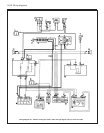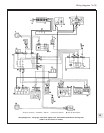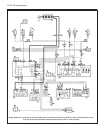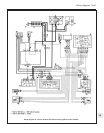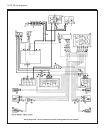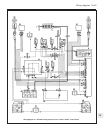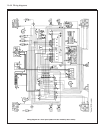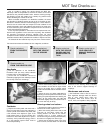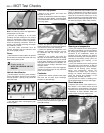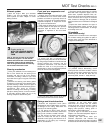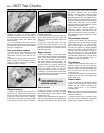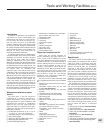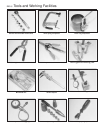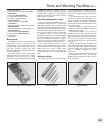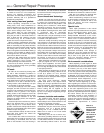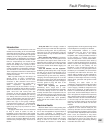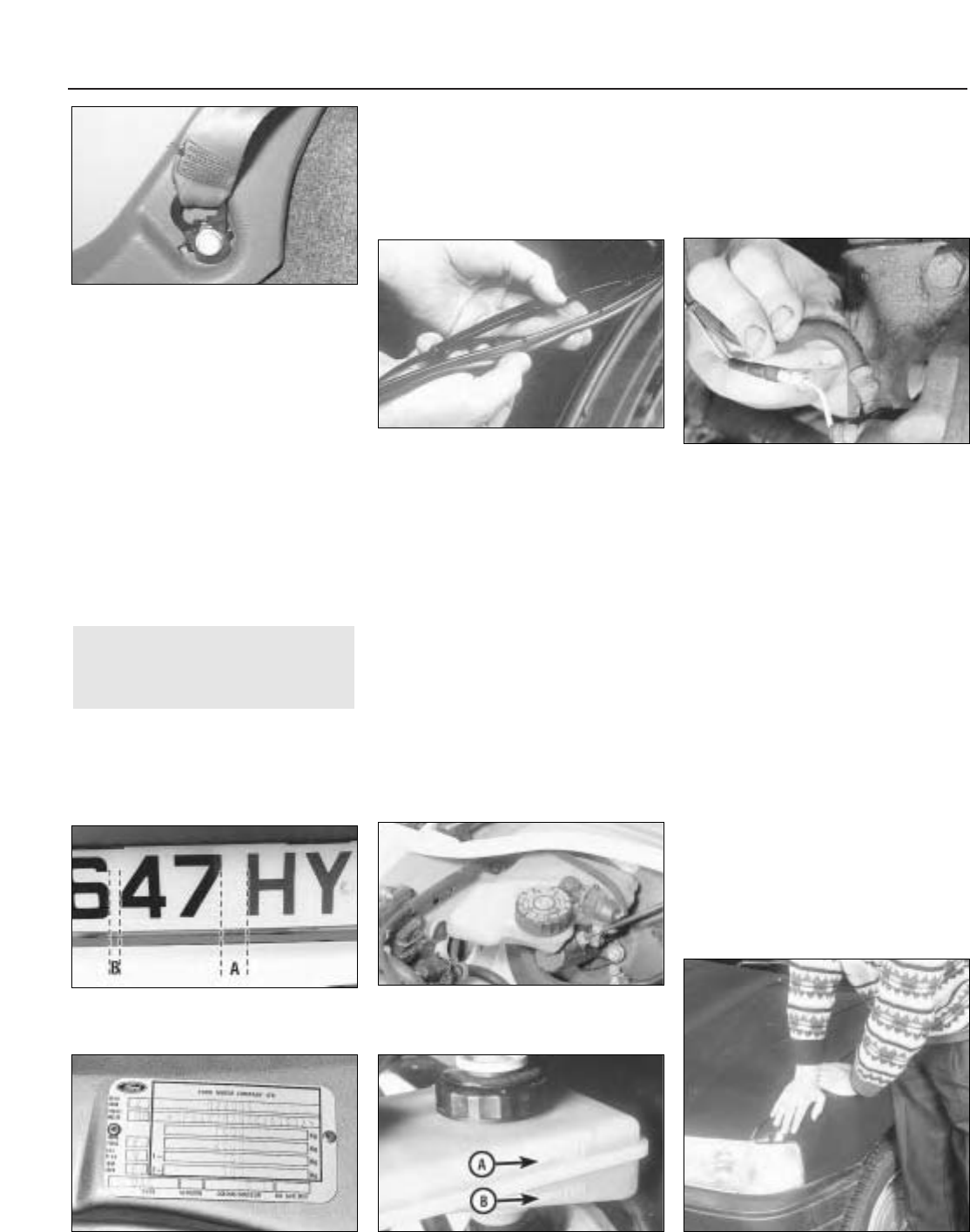
REF•2 MOT Test Checks
Seat belts and seats
Note: The following checks are applicable to
all seat belts, front and rear.
Ⅺ Examine the webbing of all the belts
(including rear belts if fitted) for cuts, serious
fraying or deterioration. Fasten and unfasten
each belt to check the buckles. If applicable,
check the retracting mechanism. Check the
security of all seat belt mountings accessible
from inside the vehicle.
Ⅺ The front seats themselves must be
securely attached and the backrests must
lock in the upright position.
Doors
Ⅺ Both front doors must be able to be opened
and closed from outside and inside, and must
latch securely when closed.
Vehicle identification
Ⅺ Number plates must be in good condition,
secure and legible, with letters and numbers
correctly spaced – spacing at (A) should be
twice that at (B).
Ⅺ The VIN plate and/or homologation plate
must be legible.
Electrical equipment
Ⅺ Switch on the ignition and check the
operation of the horn.
Ⅺ Check the windscreen washers and wipers,
examining the wiper blades; renew damaged
or perished blades. Also check the operation
of the stop-lights.
Ⅺ Check the operation of the sidelights and
number plate lights. The lenses and reflectors
must be secure, clean and undamaged.
Ⅺ Check the operation and alignment of the
headlights. The headlight reflectors must not
be tarnished and the lenses must be
undamaged.
Ⅺ Switch on the ignition and check the
operation of the direction indicators (including
the instrument panel tell-tale) and the hazard
warning lights. Operation of the sidelights and
stop-lights must not affect the indicators - if it
does, the cause is usually a bad earth at the
rear light cluster.
Ⅺ Check the operation of the rear foglight(s),
including the warning light on the instrument
panel or in the switch.
Footbrake
Ⅺ Examine the master cylinder, brake pipes
and servo unit for leaks, loose mountings,
corrosion or other damage.
Ⅺ The fluid reservoir must be secure and the
fluid level must be between the upper (A) and
lower (B) markings.
Ⅺ Inspect both front brake flexible hoses for
cracks or deterioration of the rubber. Turn the
steering from lock to lock, and ensure that the
hoses do not contact the wheel, tyre, or any
part of the steering or suspension mechanism.
With the brake pedal firmly depressed, check
the hoses for bulges or leaks under pressure.
Steering and suspension
Ⅺ Have your assistant turn the steering wheel
from side to side slightly, up to the point where
the steering gear just begins to transmit this
movement to the roadwheels. Check for
excessive free play between the steering
wheel and the steering gear, indicating wear or
insecurity of the steering column joints, the
column-to-steering gear coupling, or the
steering gear itself.
Ⅺ Have your assistant turn the steering wheel
more vigorously in each direction, so that the
roadwheels just begin to turn. As this is done,
examine all the steering joints, linkages,
fittings and attachments. Renew any
component that shows signs of wear or
damage. On vehicles with power steering,
check the security and condition of the
steering pump, drivebelt and hoses.
Ⅺ Check that the vehicle is standing level,
and at approximately the correct ride height.
Shock absorbers
Ⅺ Depress each corner of the vehicle in turn,
then release it. The vehicle should rise and
then settle in its normal position. If the vehicle
continues to rise and fall, the shock absorber
is defective. A shock absorber which has
seized will also cause the vehicle to fail.
2 Checks carried out
WITH THE VEHICLE ON THE
GROUND



